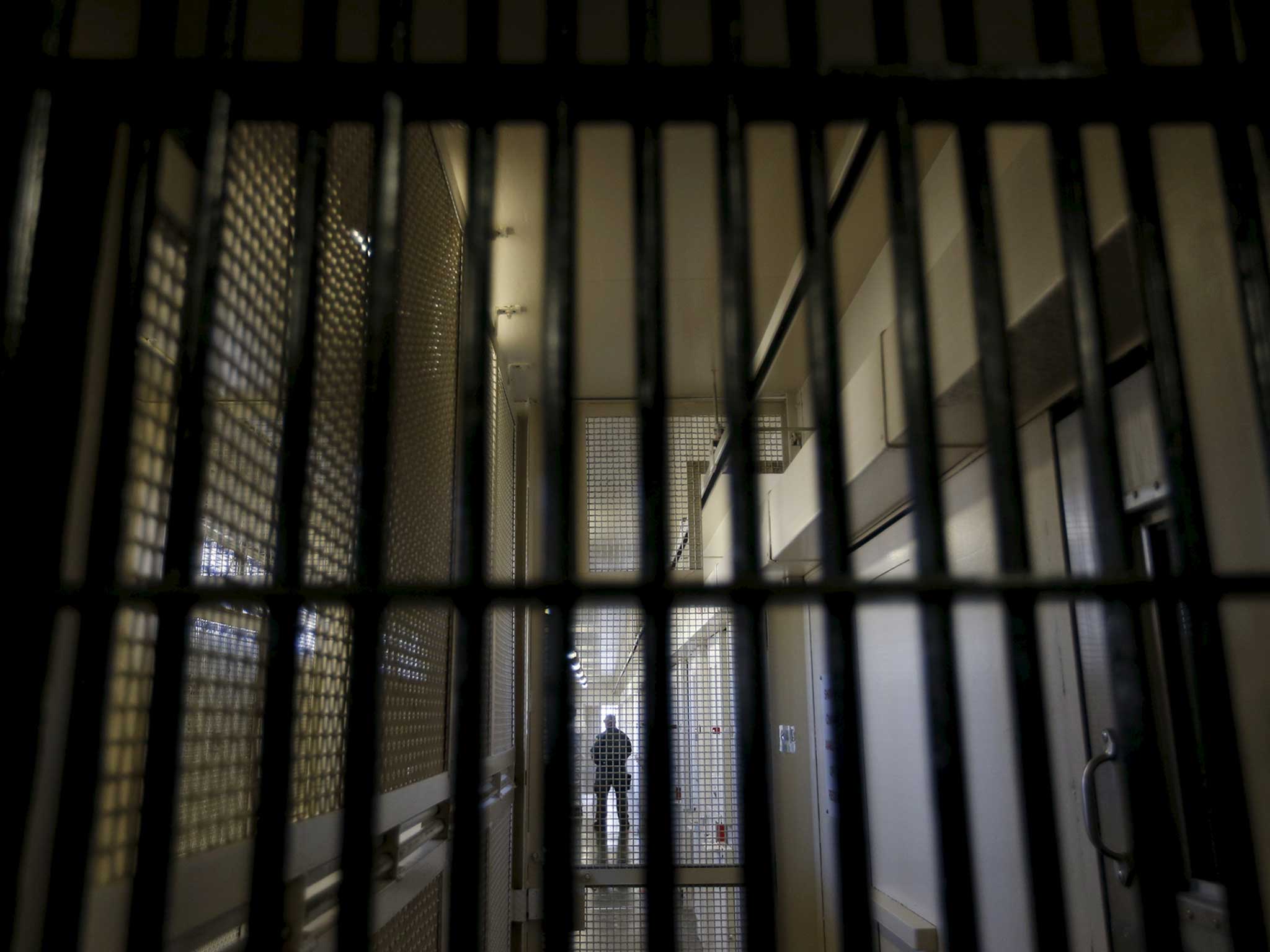Rape survivors face jail if they won't testify in Louisiana
'If I have to put a victim of a crime in jail... I'm going to do that,' says Orleans Parrish District Attorney

Your support helps us to tell the story
From reproductive rights to climate change to Big Tech, The Independent is on the ground when the story is developing. Whether it's investigating the financials of Elon Musk's pro-Trump PAC or producing our latest documentary, 'The A Word', which shines a light on the American women fighting for reproductive rights, we know how important it is to parse out the facts from the messaging.
At such a critical moment in US history, we need reporters on the ground. Your donation allows us to keep sending journalists to speak to both sides of the story.
The Independent is trusted by Americans across the entire political spectrum. And unlike many other quality news outlets, we choose not to lock Americans out of our reporting and analysis with paywalls. We believe quality journalism should be available to everyone, paid for by those who can afford it.
Your support makes all the difference.A Louisiana district attorney has said he will jail rape survivors who choose not to testify against their assailants.
Orleans Parish District Attorney Leon Cannizzaro said he would use material witness warrants to compel victims in some rape and domestic violence cases to testify, despite criticism from advocacy groups.
"If I have to put a victim of a crime in jail, for eight days, in order to... keep the rapist off of the street, for a period of years and to prevent him from raping or harming someone else, I'm going to do that," Mr Cannizzaro told Morning Eyewitness News on 13 April.
Louisiana law allows law enforcement to jail so-called “material” witnesses until they testify or pay bail. In domestic abuse and rape cases, the victim is often the only witnesses with material information about the crime in question.
The DA’s office reports six alleged victims were jailed in connection with their own sexual assault or domestic violence cases last year.
Mr Cannizarro said he does not understand why such witnesses may not want to step forward.
"[If] steps have been taken to arrest that person, to indict him, to bring him to court and they say, 'I don't want to get involved,' in my opinion that is wrong," he said.
The day before, Court Watch NOLA issued a report highlighting the various reasons some victims may wish not to testify. These include fear of retribution from the assailant, concern about being ostracised from their community, or distrust of law enforcement.
Lynn Schafran, director of the National Judicial Education Program for Legal Momentum, explained how many survivors are traumatised from their initial interactions with law enforcement.
“Very often what we find is that, when police interview victims, they’ve been trained in techniques that are applicable to how you elicit information from a suspect,” Mr Schafran told The Independent. “When they interview victims, they interrogate them.”
Many survivors choose not to continue with the process rather than face law enforcement again. Police officers mark them as uncooperative witnesses, when in reality, Ms Schafran says, “they’ve been abused by the system that’s supposed to help them.”
Maya Raghu, Director of Workplace Equality for the National Women’s Law Center, said the use of material witness warrants only furthers this abuse.
“Being jailed to be forced to participate in a prosecution is extremely traumatic and has economic consequences on the survivor as well,” Ms Maya Raghu told The Independent. “It's punishing victims of violence for reporting the violence against them.”
Both women said they fear this policy would dissuade victims from reporting crimes in the first place. More than 60 per cent of sexual assaults go unreported nationwide, according to statistics from the National Institute of Justice.
Mr Cannizzaro’s office did not return requests for comment.
Join our commenting forum
Join thought-provoking conversations, follow other Independent readers and see their replies
Comments